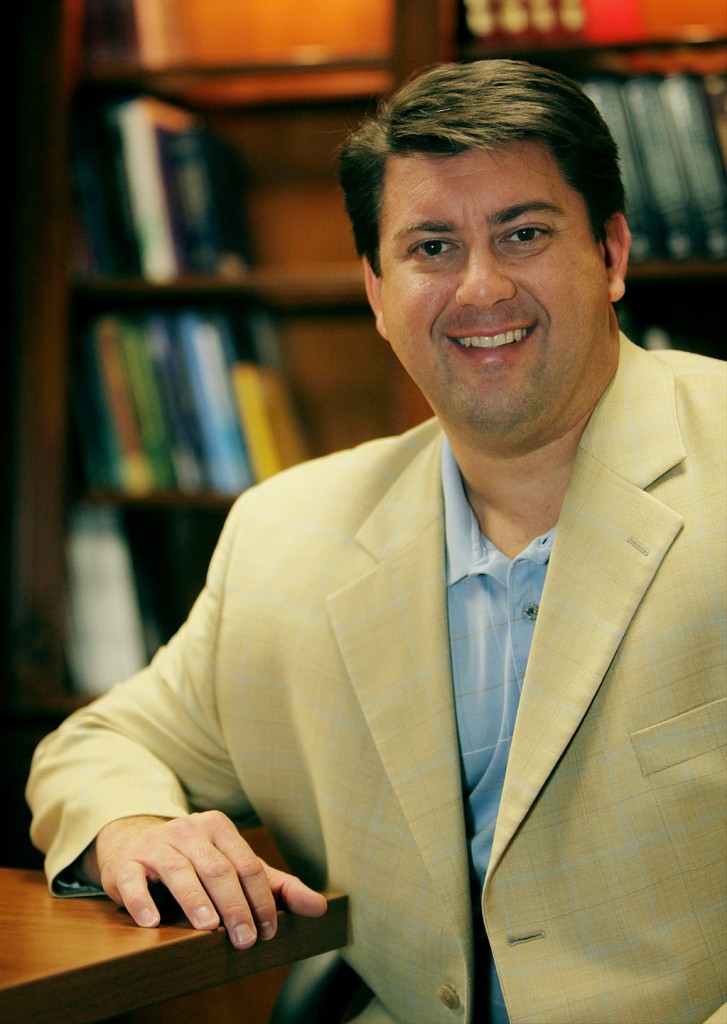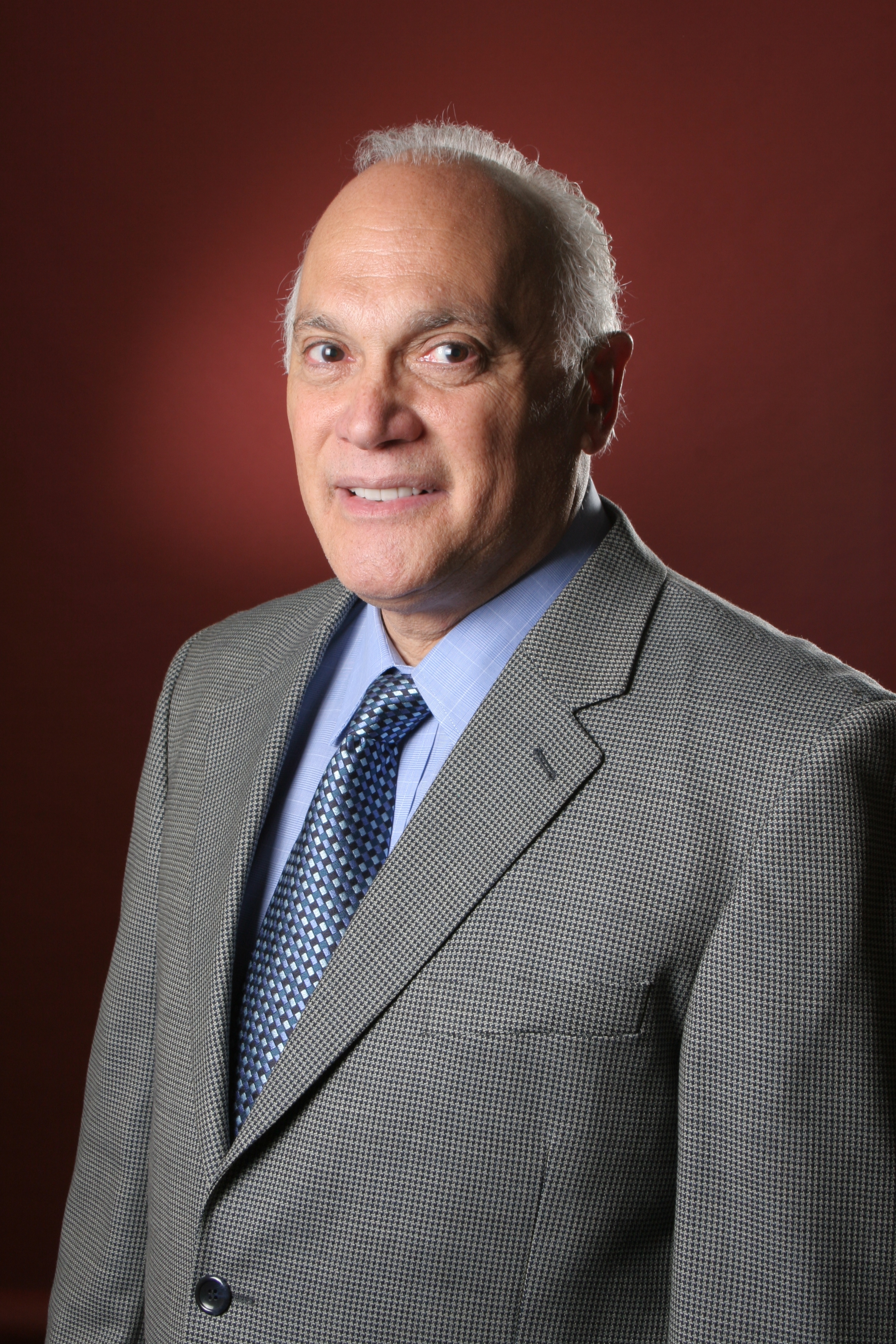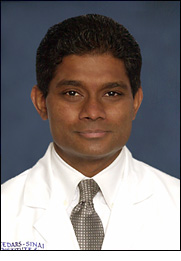Ernest Hemingway once said "There is no friend as loyal as a book." Here, five spine surgeons discuss books and authors that have had an impact on their professional and personal lives.
Ask Spine Surgeons is a weekly series of questions posed to spine surgeons around the country about clinical, business and policy issues affecting spine care. We invite all spine surgeon and specialist responses.
Next week's question: Would the physician shortage affect spine care? Why?
Please send responses to Anuja Vaidya at avaidya@beckershealthcare.com by Wednesday, May 20, at 5 p.m. CST.
Question: What book and/or authors have influenced your career the most?
Thomas Errico, MD, Chief, Spine Division, NYU Langone Medical Center, New York: The simple monograph Backache by Ian McNab is a classic. It opened my eyes to the mysterious world of back pain in a folksy, charming style. It is worth the read even today.
 Richard Kube, MD, Founder, CEO, Prairie Spine & Pain Institute, Peoria, Ill.: There have been tons of books over the years, but recently I have read a few books by Guy Kawasaki. I really like his style, and though you can see the evolution of his thought from the time he was chief evangelist for Macintosh under Steve Jobs, his core insights have continued to hold true. He really understands how to attack a business situation, and has great advice for those of us in startup
Richard Kube, MD, Founder, CEO, Prairie Spine & Pain Institute, Peoria, Ill.: There have been tons of books over the years, but recently I have read a few books by Guy Kawasaki. I really like his style, and though you can see the evolution of his thought from the time he was chief evangelist for Macintosh under Steve Jobs, his core insights have continued to hold true. He really understands how to attack a business situation, and has great advice for those of us in startup 
Stephen Hochschuler, MD, Co-founder, Texas Back Institute, Plano: Barbarians to Bureaucrats by Lawrence M. Miller.
 Bryan Oh, MD, Neurosurgeon, BASIC Spine, Newport Beach, Calif.: Into Thin Air by Jon Krakauer. This Krakauer book details the 1996 ill-fated Mt. Everest expedition. I read this book a few times during medical school. The folks who perished on Everest in 1996 were highly skilled, well-equipped climbers. They were physically fit, had supreme knowledge of the mountain and were led by experienced guides. Despite all of this, eight of them perished during their attempt to summit Everest.
Bryan Oh, MD, Neurosurgeon, BASIC Spine, Newport Beach, Calif.: Into Thin Air by Jon Krakauer. This Krakauer book details the 1996 ill-fated Mt. Everest expedition. I read this book a few times during medical school. The folks who perished on Everest in 1996 were highly skilled, well-equipped climbers. They were physically fit, had supreme knowledge of the mountain and were led by experienced guides. Despite all of this, eight of them perished during their attempt to summit Everest.
What I failed to realize is it at the time, this book was a tour de force introduction into the world of neurosurgery. During my training and throughout my career, I have been blessed to have interacted with many highly trained, highly intelligent professionals who have nothing but the best interest of patients at heart. However, due to unforgiving pathology, economic factors or bad luck, I have witnessed less than optimal outcomes in several different situations. Throughout all of these experiences, Krakauer's account of the 1996 Everest expedition has resonated with me. Nonetheless, quality healthcare providers attempt day-in and day-out to reach the summit all the time to provide the best care for their patients despite all the challenges and obstacles in today's healthcare market. Sometimes they fail, despite the best intentions and actions. But they continue to try to move forward. And for that, I continue to respect them even more.
Neel Anand, MD, Clinical Professor of Surgery, Director, Spine Trauma, Cedars-Sinai Spine Center (Los Angeles): The Sherlock Holmes series has influenced me tremendously. His whole philosophy is interesting. He never took in or retained anything that was useless to him. He only retained what he needed. It is important to gain that ability, to filter out what isn't important.


